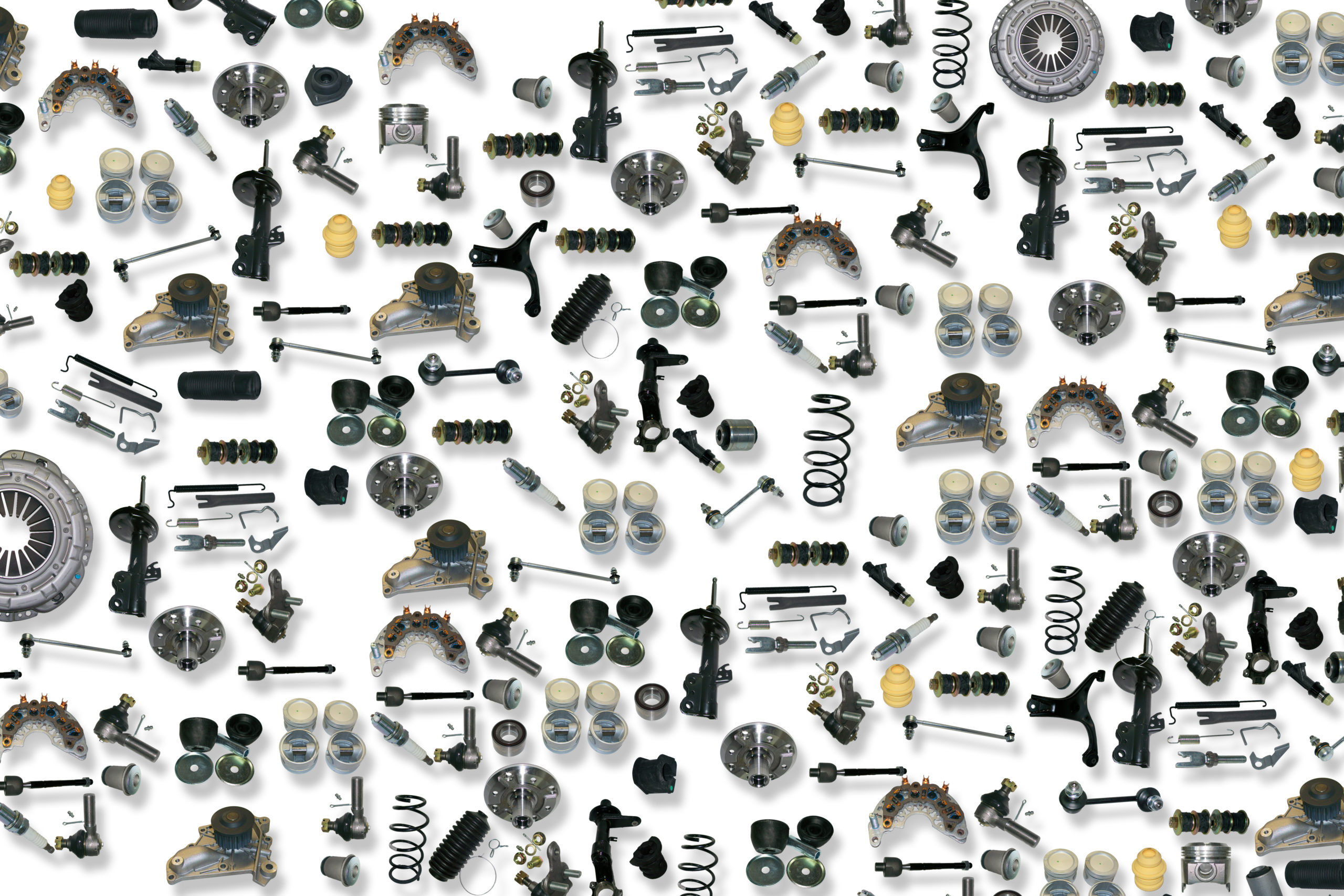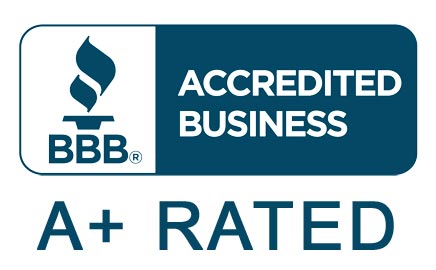Today’s car part shortage has been the most challenging the United States has ever seen. Several factors came into play, including rising demand due to pandemic lockdowns and transportation delays at U.S. ports. On top of that, there are other obstacles, including having enough drivers and finding space on trucks. There are also steel and precious metal shortages and labor shortages in manufacturing to deal with. No auto part facility is being spared, whether it’s auto repair shops, franchise dealers who get their parts from the major automakers, or independent warehouses.
The challenge of finding spare parts ranging from chips for new cars to parts as simple as oil filters has forced repair facilities to hoard stock, find workarounds and ask customers for patience until they have parts on hand. Delays of a day or two have extended into weeks. If you’re facing a car part shortage, consider the following.
Shop Around for an Alternative Source
Shop around to find out if another parts seller has what you need on hand or can get it earlier. If you’re considering buying auto parts online, do your research. It’s important to know exactly what you need (have the part number on hand) and compare costs on multiple websites. If you don’t know the exact part number, ask a local dealership to verify it for you or talk to a trusted local auto repair shop. If you do the research ahead of time, you’ll be more likely to end up with the part you need at a competitive price. Also, be sure to verify the warranty and return policy because if the part ends up being defective, you’ll want to have a chance for recourse.
When it comes to car parts, you’ll have choices that include OEM, aftermarket, and used. You’ll want to understand the differences before you start shopping.
OEM
OEM (Original Equipment Manufacturer) means that the parts are manufactured by the same company that made the vehicle.
Alternative Part or Generic Part
Alternative or generic (aftermarket) parts aren’t sourced from the vehicle’s manufacturer. Check with your car’s manufacturer, but in general using them shouldn’t void the car’s warranty. Some alternative or generic parts are equal or even better than the OEM parts, which can save you significant money. As you do your research, remember that if the price seems too good to be true, they’re probably poor-quality parts.
Used Parts
Used car parts are another alternative, and while they can save money, there is a risk when it comes to quality if you purchase them from the wrong supplier. However, buying used parts from a reputable source can save you between 50% to 75% and still deliver the reliability you need for your car. Places to check for used parts include eBay, scrap yards, auto repair shops, and local brick and mortar retailers.
It’s hard to know how long this car part shortage will last, but the tips listed here will help.
If you’re facing a car part shortage, call us to see if we have it in stock, can provide it earlier, or suggest an alternative.






